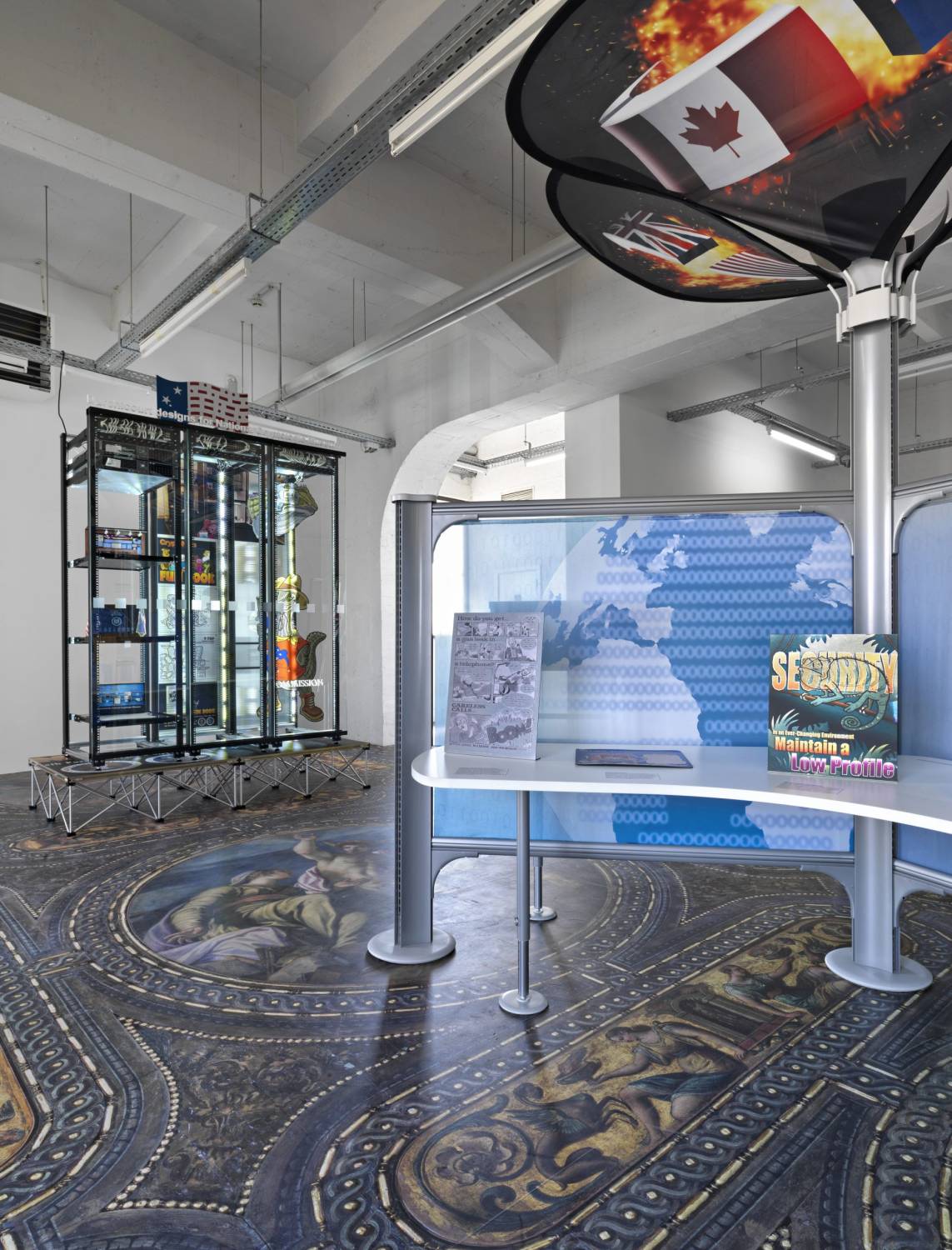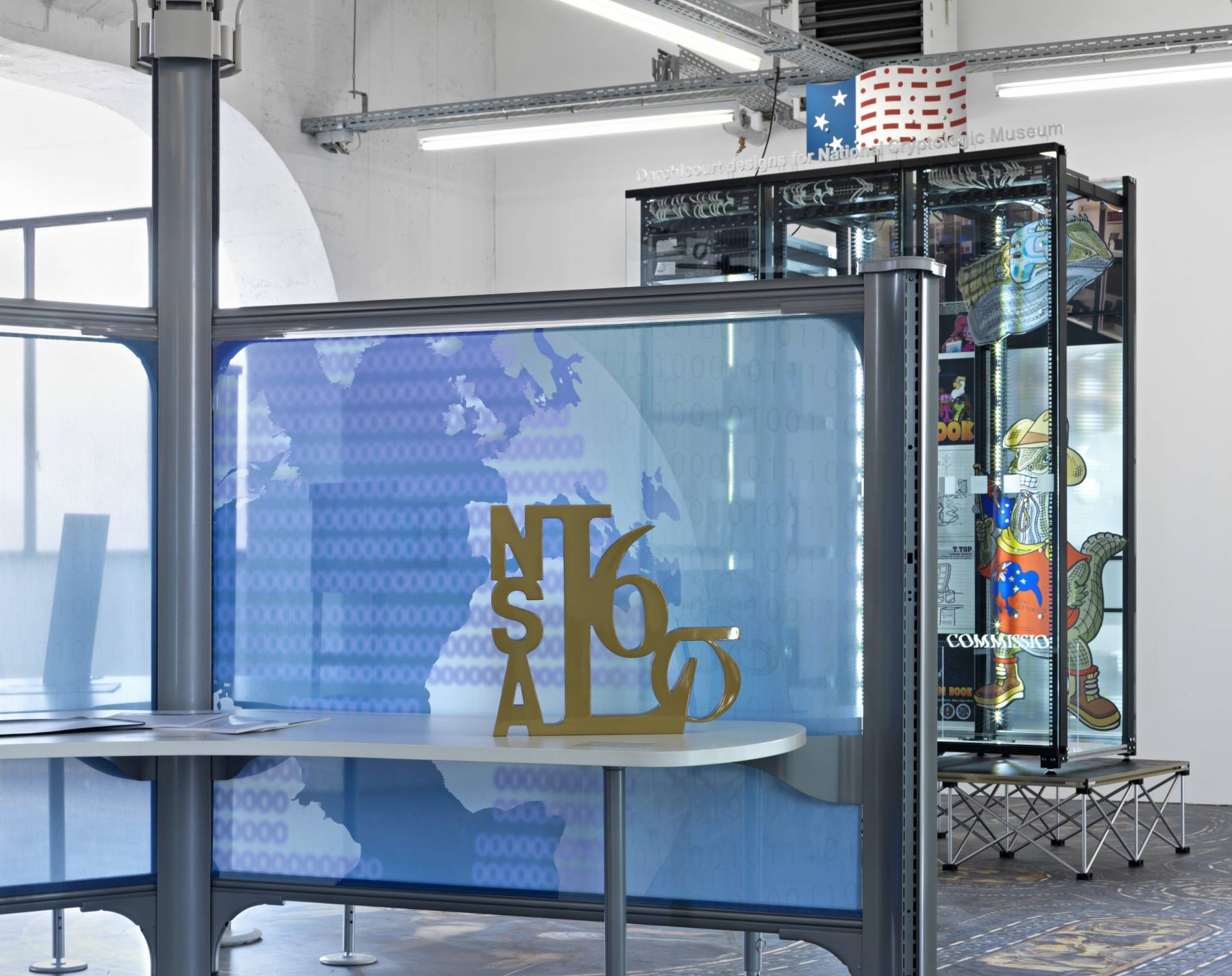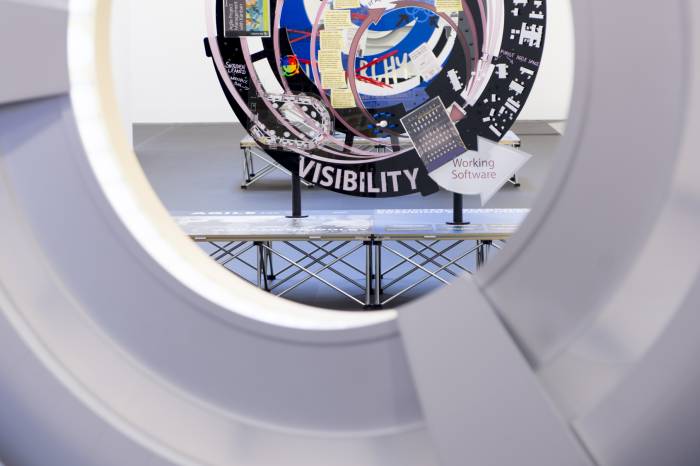Installation view Business Insider; .
Photo by Jens Ziehe.
Courtesy of the artist and Wiels, Brussels.
Installation view Business Insider; .
Photo by Jens Ziehe.
Courtesy of the artist and Wiels, Brussels.
Installation view Business Insider; .
Photo by Jens Ziehe.
Courtesy of the artist and Wiels, Brussels.
Installation view Business Insider; .
Photo by Jens Ziehe.
Courtesy of the artist and Wiels, Brussels.
Installation view Business Insider; .
Photo by Jens Ziehe.
Courtesy of the artist and Wiels, Brussels.
Installation view Business Insider; .
Photo by Jens Ziehe.
Courtesy of the artist and Wiels, Brussels.
Installation view Business Insider; .
Photo by Jens Ziehe.
Courtesy of the artist and Wiels, Brussels.
Installation view Business Insider; .
Photo by Jens Ziehe.
Courtesy of the artist and Wiels, Brussels.
Installation view Business Insider; .
Photo by Jens Ziehe.
Courtesy of the artist and Wiels, Brussels.
Installation view Business Insider; .
Photo by Jens Ziehe.
Courtesy of the artist and Wiels, Brussels.
Installation view Business Insider; .
Photo by Jens Ziehe.
Courtesy of the artist and Wiels, Brussels.
Installation view Business Insider; .
Photo by Jens Ziehe.
Courtesy of the artist and Wiels, Brussels.
Installation view Business Insider; .
Photo by Jens Ziehe.
Courtesy of the artist and Wiels, Brussels.
Installation view Business Insider; .
Photo by Jens Ziehe.
Courtesy of the artist and Wiels, Brussels.
Installation view Business Insider; .
Photo by Jens Ziehe.
Courtesy of the artist and Wiels, Brussels.
Installation view Business Insider; .
Photo by Jens Ziehe.
Courtesy of the artist and Wiels, Brussels.
Installation view Business Insider; .
Photo by Jens Ziehe.
Courtesy of the artist and Wiels, Brussels.
Installation view Business Insider; .
Photo by Jens Ziehe.
Courtesy of the artist and Wiels, Brussels.
Installation view Business Insider; .
Photo by Jens Ziehe.
Courtesy of the artist and Wiels, Brussels.
Installation view Business Insider; .
Photo by Jens Ziehe.
Courtesy of the artist and Wiels, Brussels.
Installation view Business Insider; .
Photo by Jens Ziehe.
Courtesy of the artist and Wiels, Brussels.
Installation view Business Insider; .
Photo by Jens Ziehe.
Courtesy of the artist and Wiels, Brussels.
Installation view Business Insider; .
Photo by Jens Ziehe.
Courtesy of the artist and Wiels, Brussels.
Installation view Business Insider; .
Photo by Jens Ziehe.
Courtesy of the artist and Wiels, Brussels.
Installation view Business Insider; .
Photo by Jens Ziehe.
Courtesy of the artist and Wiels, Brussels.
Installation view Business Insider; .
Photo by Jens Ziehe.
Courtesy of the artist and Wiels, Brussels.
Installation view Business Insider; .
Photo by Jens Ziehe.
Courtesy of the artist and Wiels, Brussels.
Installation view Business Insider; .
Photo by Jens Ziehe.
Courtesy of the artist and Wiels, Brussels.
Installation view Business Insider; .
Photo by Jens Ziehe.
Courtesy of the artist and Wiels, Brussels.
Installation view Business Insider; .
Photo by Jens Ziehe.
Courtesy of the artist and Wiels, Brussels.
Installation view Business Insider; .
Photo by Jens Ziehe.
Courtesy of the artist and Wiels, Brussels.
Installation view Business Insider; .
Photo by Jens Ziehe.
Courtesy of the artist and Wiels, Brussels.
Installation view Business Insider; .
Photo by Jens Ziehe.
Courtesy of the artist and Wiels, Brussels.
Installation view Business Insider; .
Photo by Jens Ziehe.
Courtesy of the artist and Wiels, Brussels.
Installation view Business Insider; .
Photo by Jens Ziehe.
Courtesy of the artist and Wiels, Brussels.
Installation view Business Insider; .
Photo by Jens Ziehe.
Courtesy of the artist and Wiels, Brussels.
WIELS, Brussels, 2016:
WIELS presents the first solo exhibition in Belgium of Simon Denny (b. 1982, New Zealand). In his work, Denny explores power, politics and aesthetics. With a critical eye, he unpicks the structures that shape our lives, be they governmental, corporate, architectural, legal or rhetorical. Questioning how changes in technology alter our experience and understanding of the world, Denny’s work is as multi-layered and complex as the reality in which we now find ourselves.
Denny’s exhibition at WIELS brings together two bodies of recent work. It features key elements from Secret Power, his project for the New Zealand Pavilion at the 2015 Venice Biennial. This project deconstructs NSA documents leaked by whistle-blower Edward Snowden. Denny focuses on the design and illustrations in these internal PowerPoint slides, scrutinizing how their iconography might reveal the culture inside mass surveillance organisations.
The exhibition also includes Denny’s Products for Organising (2015), first produced on the occasion of his exhibition at the Serpentine Galleries in London. These works investigate the evolving culture (and cult) of management in both private companies and public institutions. Tracing the emergence of hacker culture and its co-option by government and big business as a catalyst for innovation, Denny suggests the interdependency of seemingly contrary forces. He examines the ways that large organizations are adopting management practices—and corresponding architecture—based on models of flexibility and collaboration that were fundamental to counter-culture collectives.
The exhibition appropriates the title of a popular US-founded global news website, which features business, technology and celebrity stories. Its CEO and editor is a former Wall Street securities trader, who was charged with fraud and banned from trading. Using a title that is anonymously corporate yet politically charged, Denny raises the question of his own complicity with the fields that he investigates.
In the context of Brussels, where major international institutions such as the European Community and the headquarters of NATO are located (not to mention their associated lobby groups), Denny’s work has a particular urgency and relevance.
Curator: Zoë Gray




































